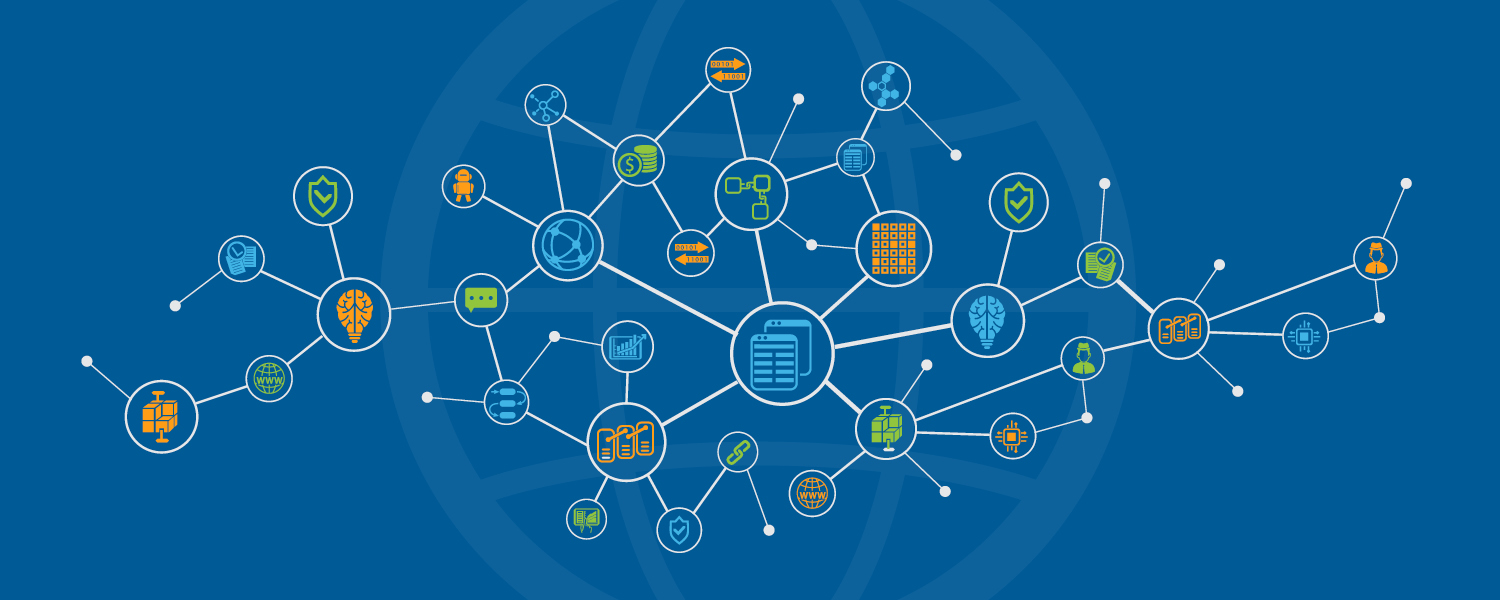Fascinating - Four questions Public Sector should be asking about Blockchain
As stated on TechCrunch, Jason Rowley said that over the past 14 months, “blockchain and related startups have raised nearly US$1.3 billion in traditional venture capital rounds worldwide” and that for initial coin offerings (ICOs) alone, nearly US$4.5 billion has been raised.
The volume and breadth of blockchain information is overwhelming and the quality of content highly variable in substance and utility but here are four questions public sector should be asking as a starting point:
What problem are you attempting to solve? This may sound straightforward; however, keeping the problem statement front and centre throughout your analysis can be challenging, depending upon your focus.
How might blockchain technology address this problem more efficiently and effectively than alternative methods?
When should you begin to invest time and energy?
Does your organization support an experimental, collaborative approach when it comes to new technologies?
Problems involving provenance tracking, inter-organisational record-keeping and multiparty aggregation get to the real nature of the power and potential for blockchain.
In a January “Trends Statement” paper, Paul Embley, chief information officer for the National Center for State Courts (NCSC), and Diana Graski, consultant with NCSC, note that blockchain technology “could soon be used in a variety of innovative ways to resolve court record-keeping challenges.”
In particular, they call out court judgements, warrants and criminal histories—high-stakes records management involving multiple participants and hand-offs including law enforcement, probation and parole, courts and third-party information providers.
At an Integrated Justice Information Systems (IJIS) symposium in February, participants in a blockchain use case workshop identified potential use cases including digital asset management, arrest warrants, protection orders and criminal history records management.
And, from forums hosted by the Government Services Administration (GSA) in July and September 2017, with government, industry and academic participants, 114 draft use cases were gathered.
How might blockchain technology address your problem?
Blockchain provides a way for organisations to maintain accurate, transparent, secure, auditable records that contain information both pertinent only to their organisation (linked to blockchain transactions), and critical information in common across all participating organisations.
In simple terms, blockchain can be described as “shared decentralised ledgers used to a) store information about asset ownership and b) store code which can be executed without dependency on a centralised owner.” Of course, it gets complicated quickly when you begin to think about what framework to use, cost/benefit, organisational aspects, etc.VWhen should I begin to invest time and energy?
The short answer is both “Now” and “Not yet!”
In a World Economic Forum survey report of 800 industry and technology executives in September 2015, 73.1 percent of respondents predicted that in 2025, tax will be collected for the first time by a government using blockchain technology. Some 57.9 percent of respondents predict that 10 percent of global gross domestic product will be stored using blockchain technology.
In spite of the massive amount of investment and all of the activity described above, blockchain as a technology is both immature and rapidly evolving. For every proponent there is a critic, and even proponents recognise there remain serious challenges. For example, concerns around dissemination of personal data invoke the response of self-sovereign ID to put control of data into the hands of the owner.

Yet this doesn’t address privacy issues, especially concerning with the new General Data Protection Regulation (GDPR) going into effect at the end of May.
For blockchain, standards are only beginning to emerge, facilitated through organisations such as the Hyperledger project founded under the umbrella of The Linux Foundation in 2016 — seven years after the Bitcoin genesis block was published. It is heartening that Hyperledger’s vision is following a similar approach that was followed in the early days of the internet, engaging with standards organisations (W3C, IETF, ISO) and governance organisations (ICAAN, IANA).
Regardless of the level of activity and investment; and the potential of blockchain to solve complex problems, public sector organisations have time for a measured, considered engagement. Consider the history of the internet and the mere 26 years from when the initial host computers were joined in 1968 to the establishment of the WC3!
Organisational appetite for collaboration and innovation
Public sector organisations have an opportunity to influence and shape the technology through participation at all levels. While Africa may not be ready to actively invest in blockchain technology, public sector can begin to address education both in understanding the technology and assessment tools for use cases.
For records management, trust may or may not be in dispute yet, disparate systems, different (yet related) records used for different purposes, different technology funding models and different policies, would suggest support for a “small pieces, loosely joined” David Weinberger approach and indicate that experimenting with blockchain may be worthwhile, assuming it can be done in using a “fast-to-fail” approach.’
By Anne Thompson, Product Development, at Thomson Reuters